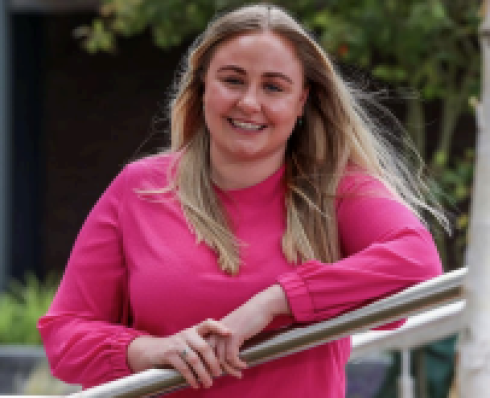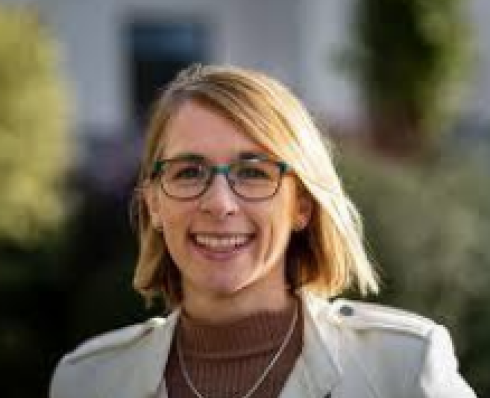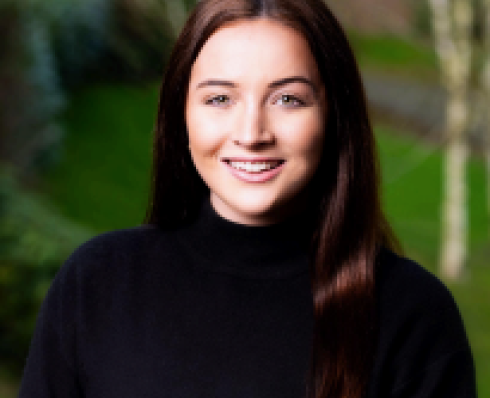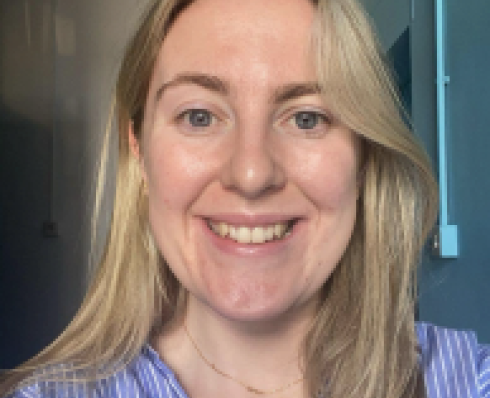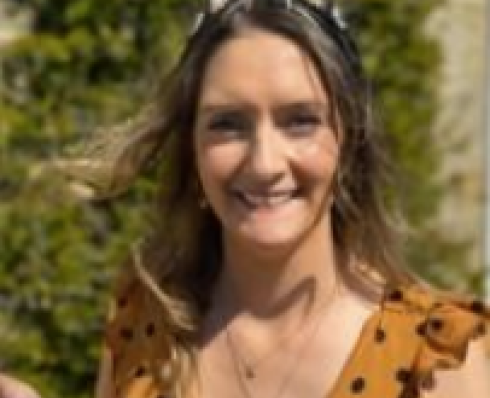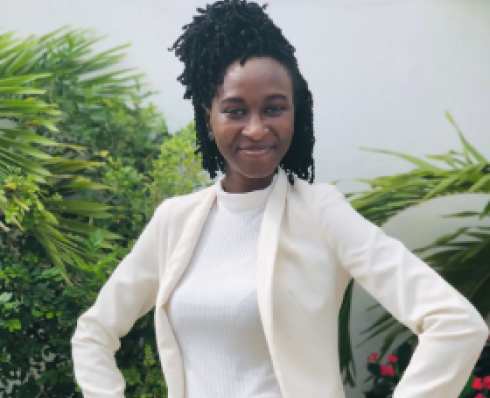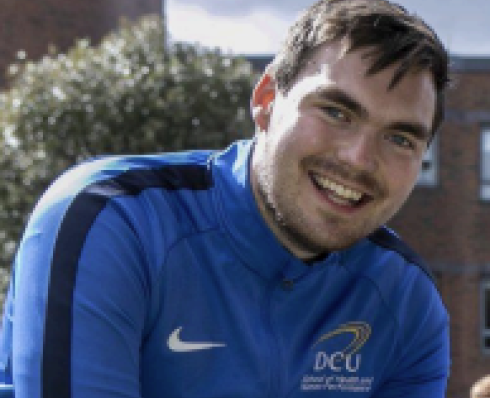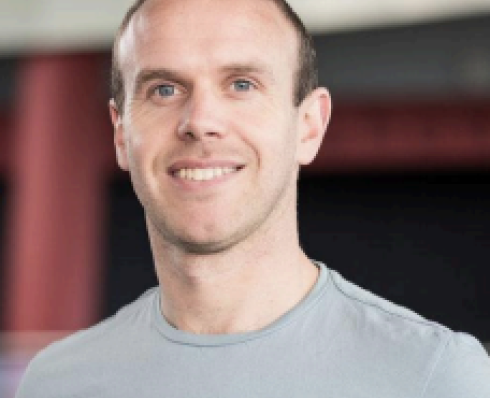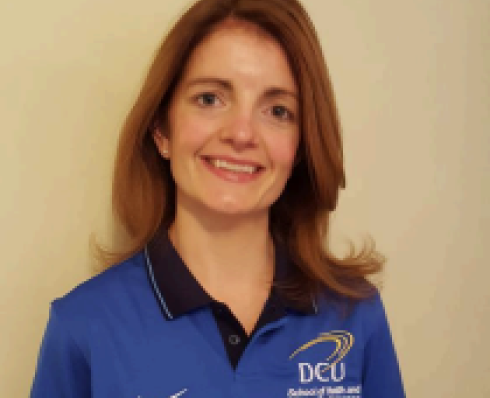
LifeLab
LifeLab is a co-designed health literacy intervention aiming to improve the health knowledge, choices and behaviour of Irish teenagers. We work with young people, teachers, researchers and health professionals.
Our focus is working with young people aged 12-16 years old, which represents the age cohort of ‘Junior Cycle’ within the Irish Education System. In Irish schools the ‘Wellbeing Programme’ describes key skills, elements and indicators, and mandates minimum hours of curriculum delivery, and this curriculum delivery includes Physical Education (PE), Civic, Social and Political Education (CSPE), and Social, Personal, and Health Education (SPHE). Notably, health literacy has been specifically mentioned as a key competency in the most recent curriculum developments.
In addition, the aim and purpose of LifeLab aligns naturally with the Delivering Equality of Opportunity in Schools (DEIS) plan. While in its initial development LifeLab Dublin focussed its work with the cohort of schools involved in the Irish Heart Foundation’s broader national adolescent health literacy project, it has since expanded to work with a much broader range of DEIS schools throughout the region. Links are also now being formed with other community organisations, to support access for non-school attenders, and beyond Dublin.
Between 2018 and 2024, LifeLab Dublin has worked with over 1000 young people from 10 DEIS schools to co-design and pilot the programme. The research has adopted a range of methodologies, and has involved working with young people, teachers, youth workers, health practitioners, academics, and international experts. 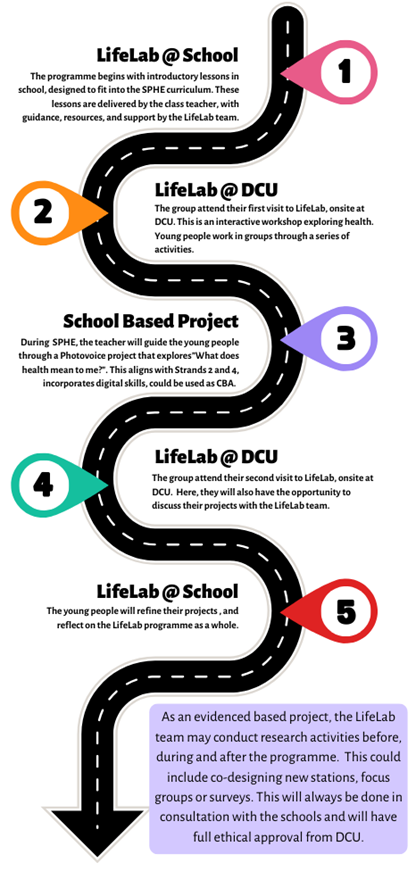
As of Spring 2024, the full programme consists of two visits to LifeLab on campus at DCU, along with seven lessons, and a school-based Photovoice project delivered by the teacher. The lessons and Photovoice project are delivered within SPHE time, which is typically one (40 minute) classroom period a week, with resources and support provided to the teacher by the DCU LifeLab team. The LifeLab visits are facilitated in DCU by trained undergraduate students. The programme normally runs over a 10-week period, however by virtue of our youth centred approach and our goal of reducing barriers to engagement, this structure and duration isn’t rigidly applied; offering flexibility to ‘meet schools where they are at’ is core to our vision.
In 2025, the programme will be moving to a purpose-built lab on the ground floor of the new DCU Polaris building. This move and we’re really excited to see our vision for the future of LifeLab come to life.
LifeLab programmes are now running in Southampton (United Kingdom), Dublin (Ireland), Sydney (Australia), and Soweto (South Africa). Please click here for more information on these programmes around the world.
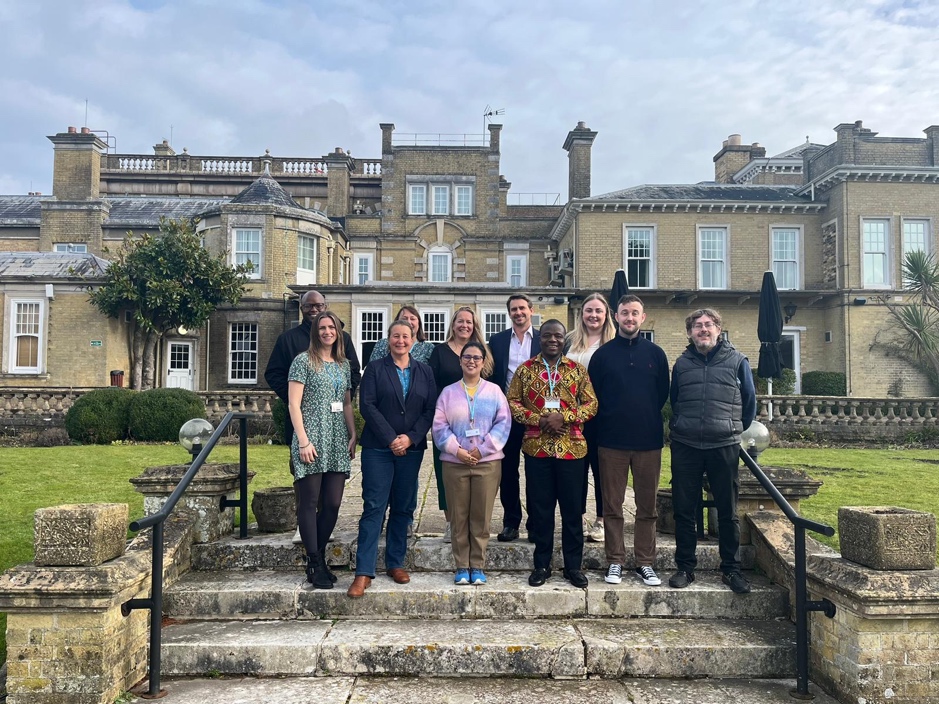
Our People
We have a diverse team working on our Life Lab program here at DCU. Read their profiles below.

